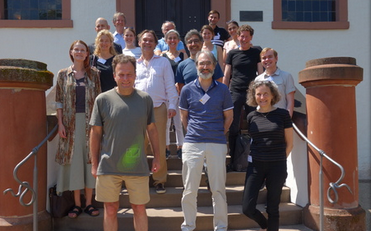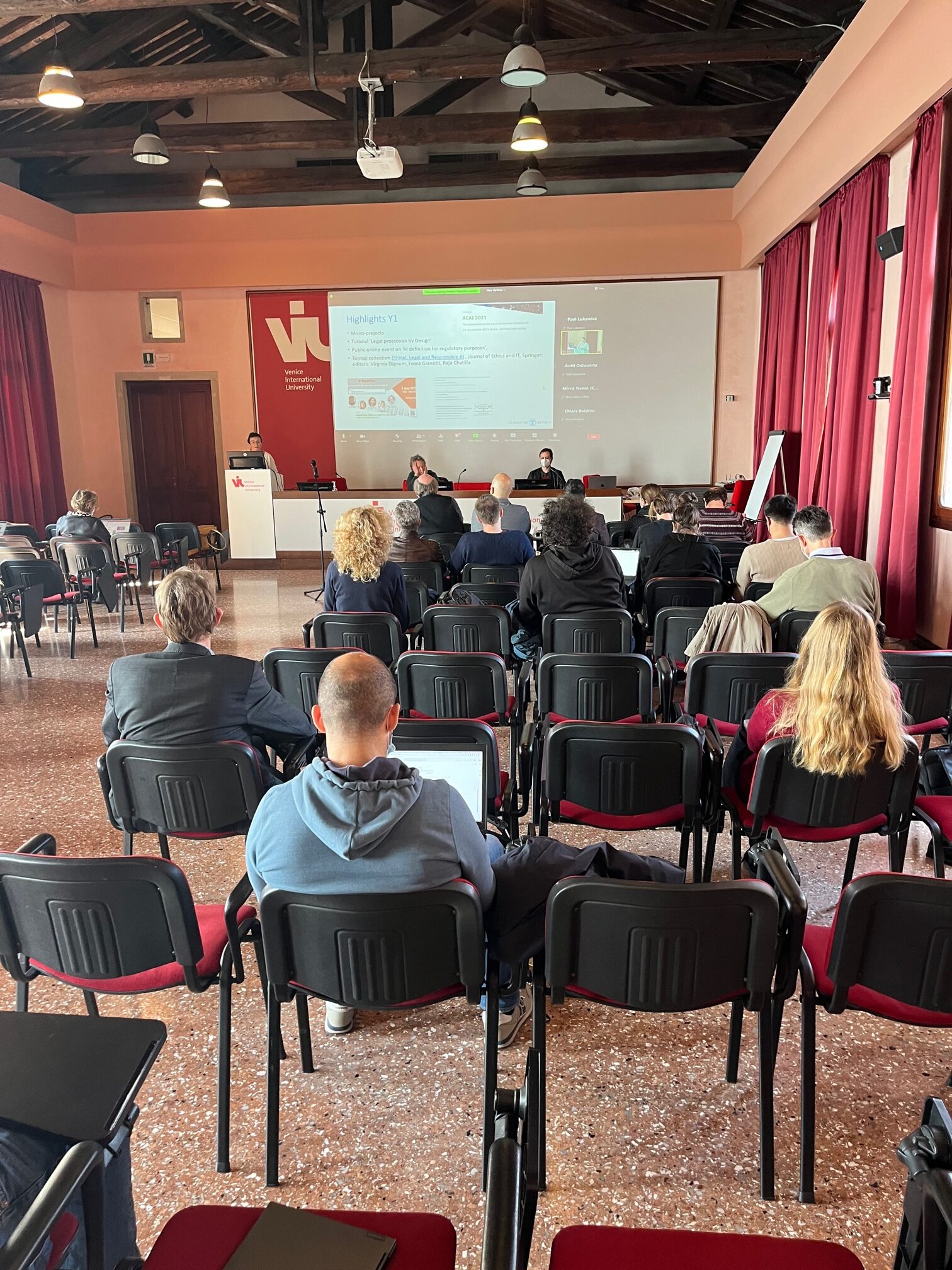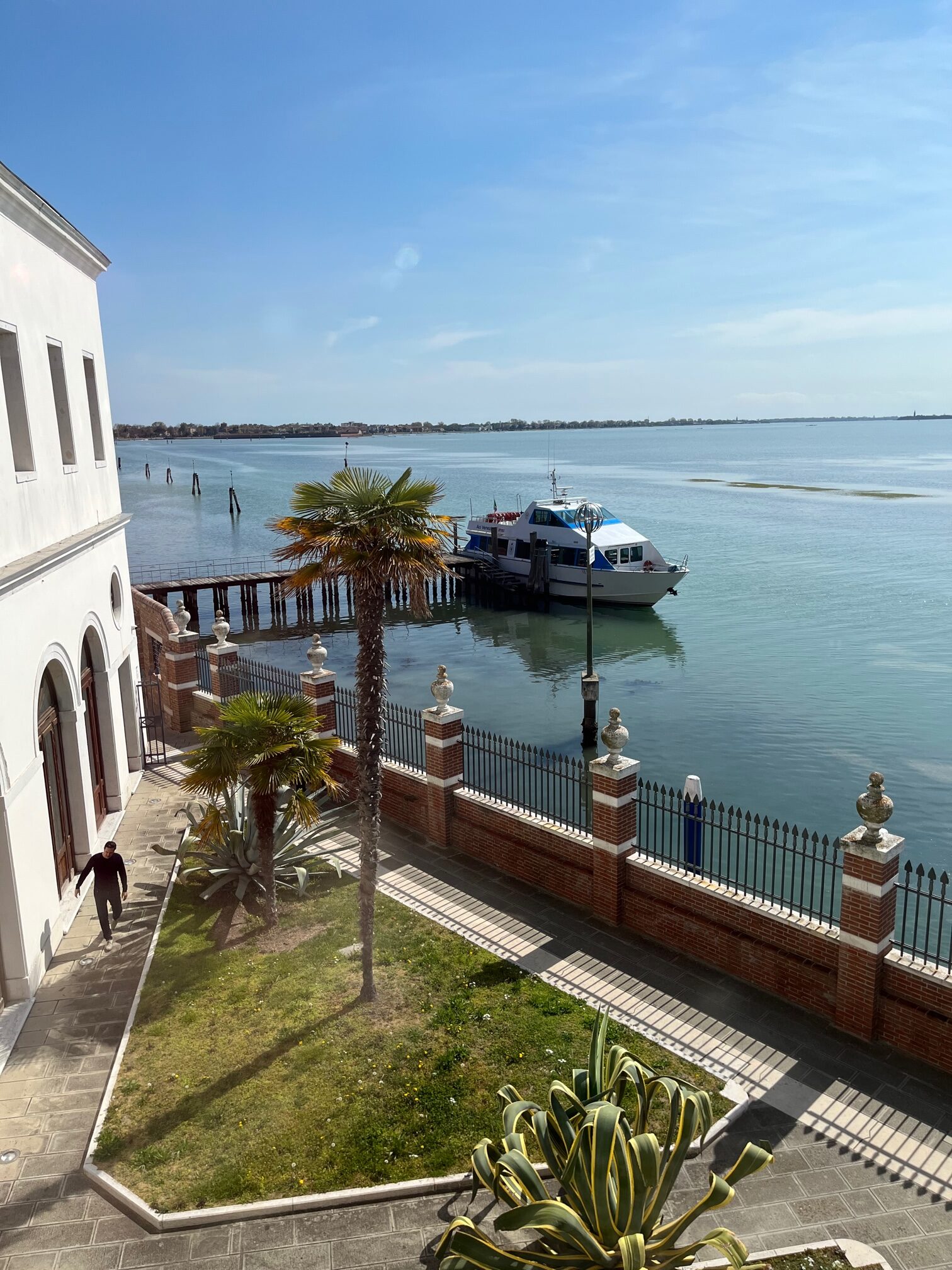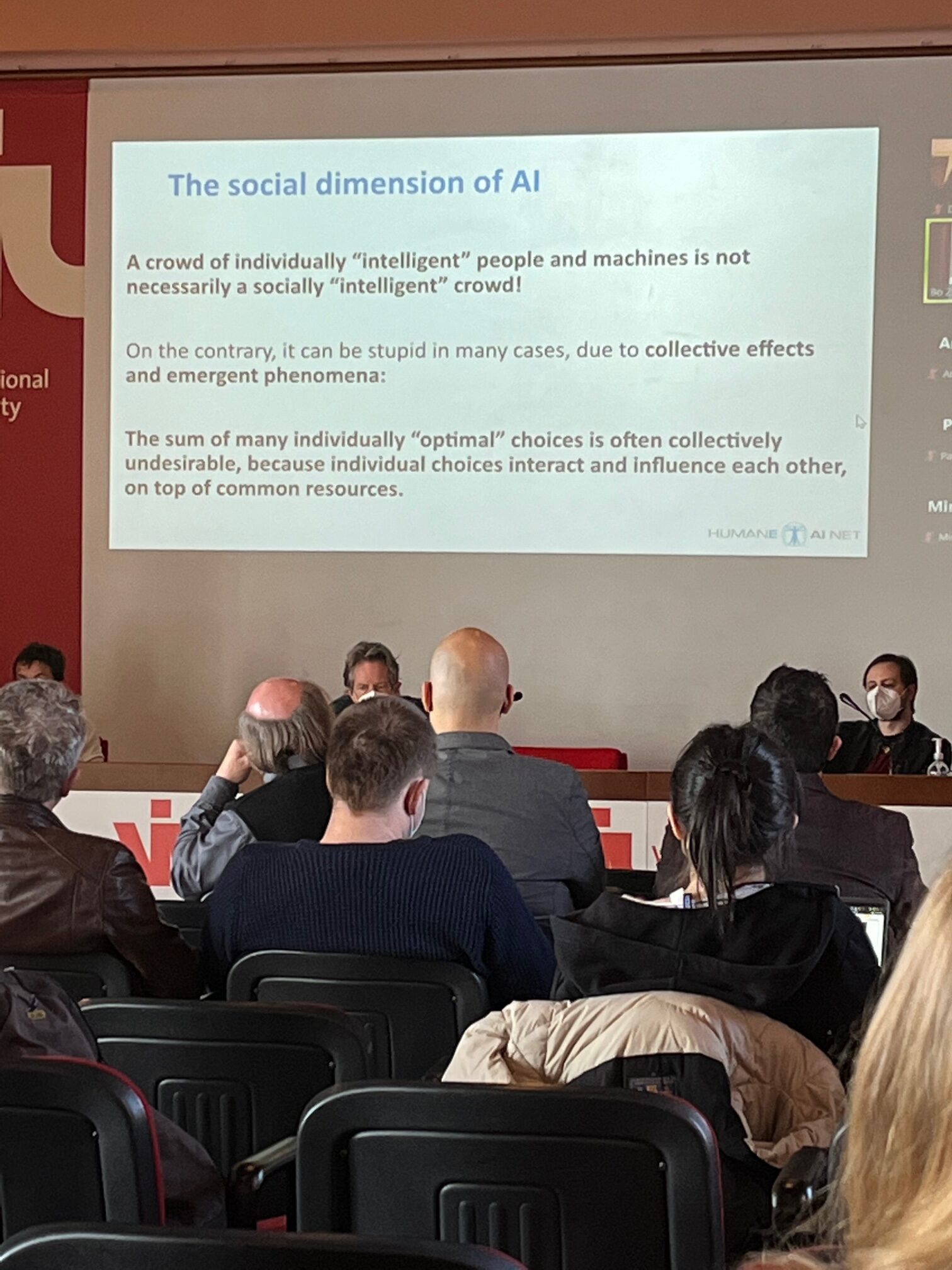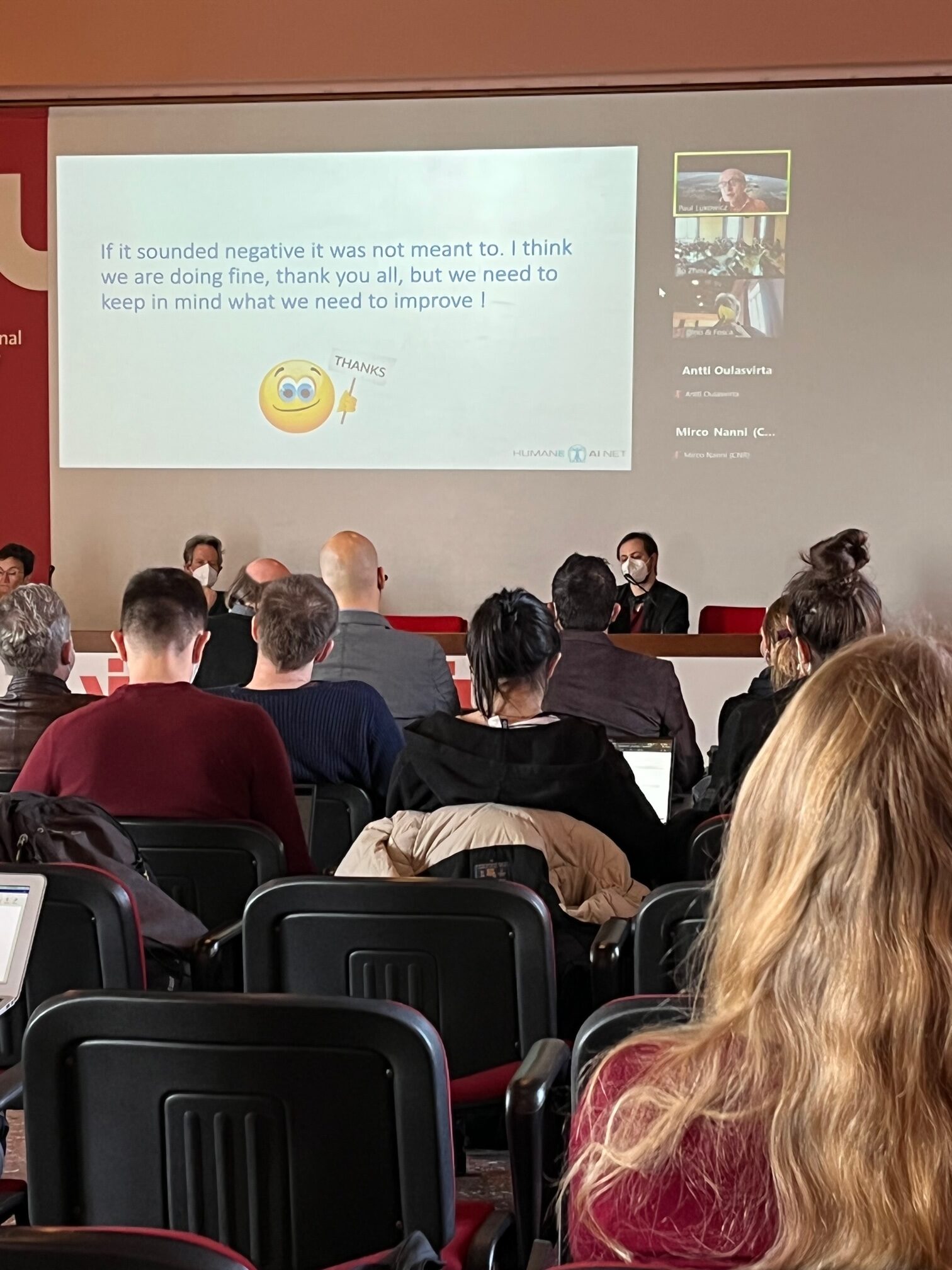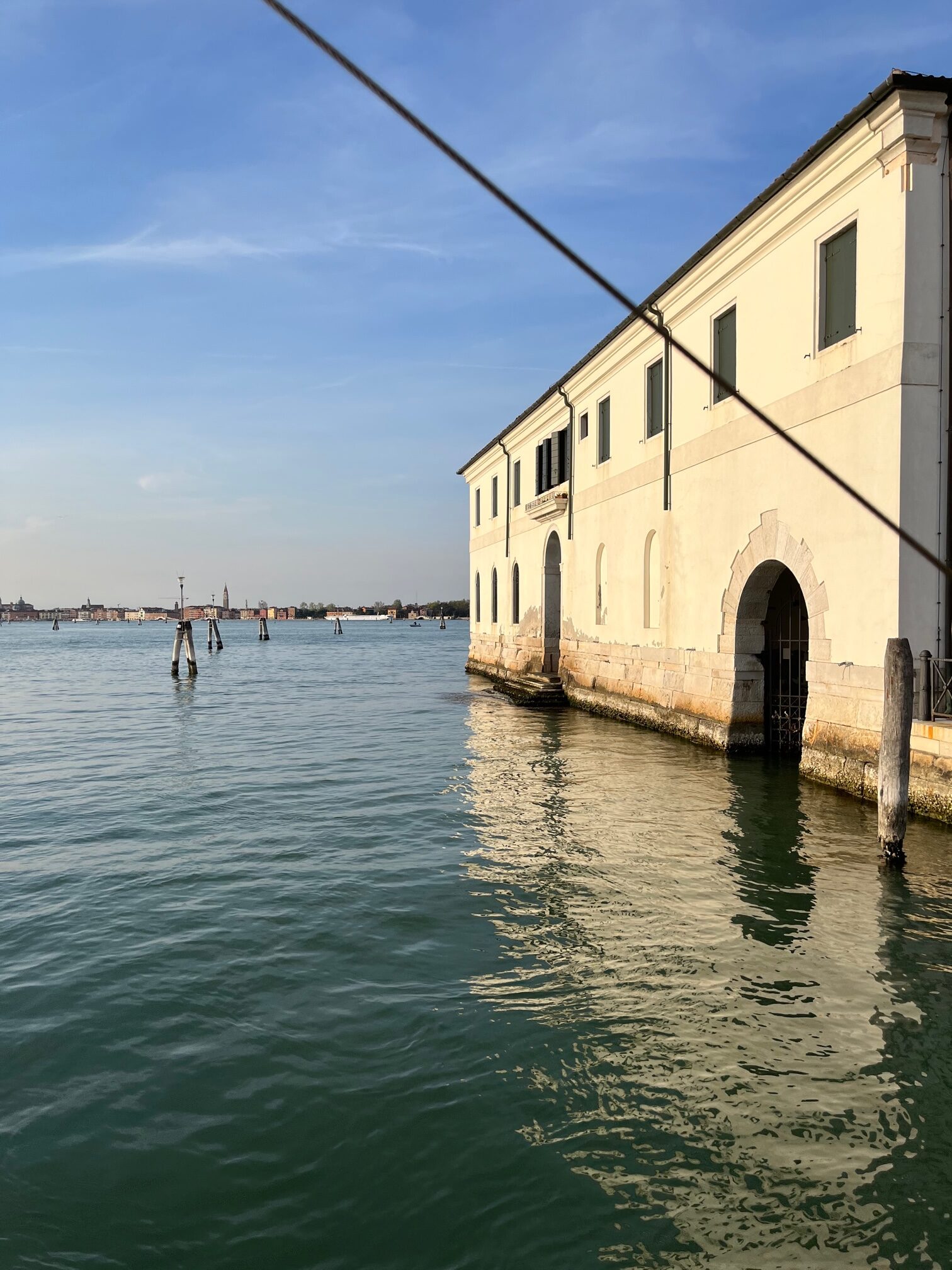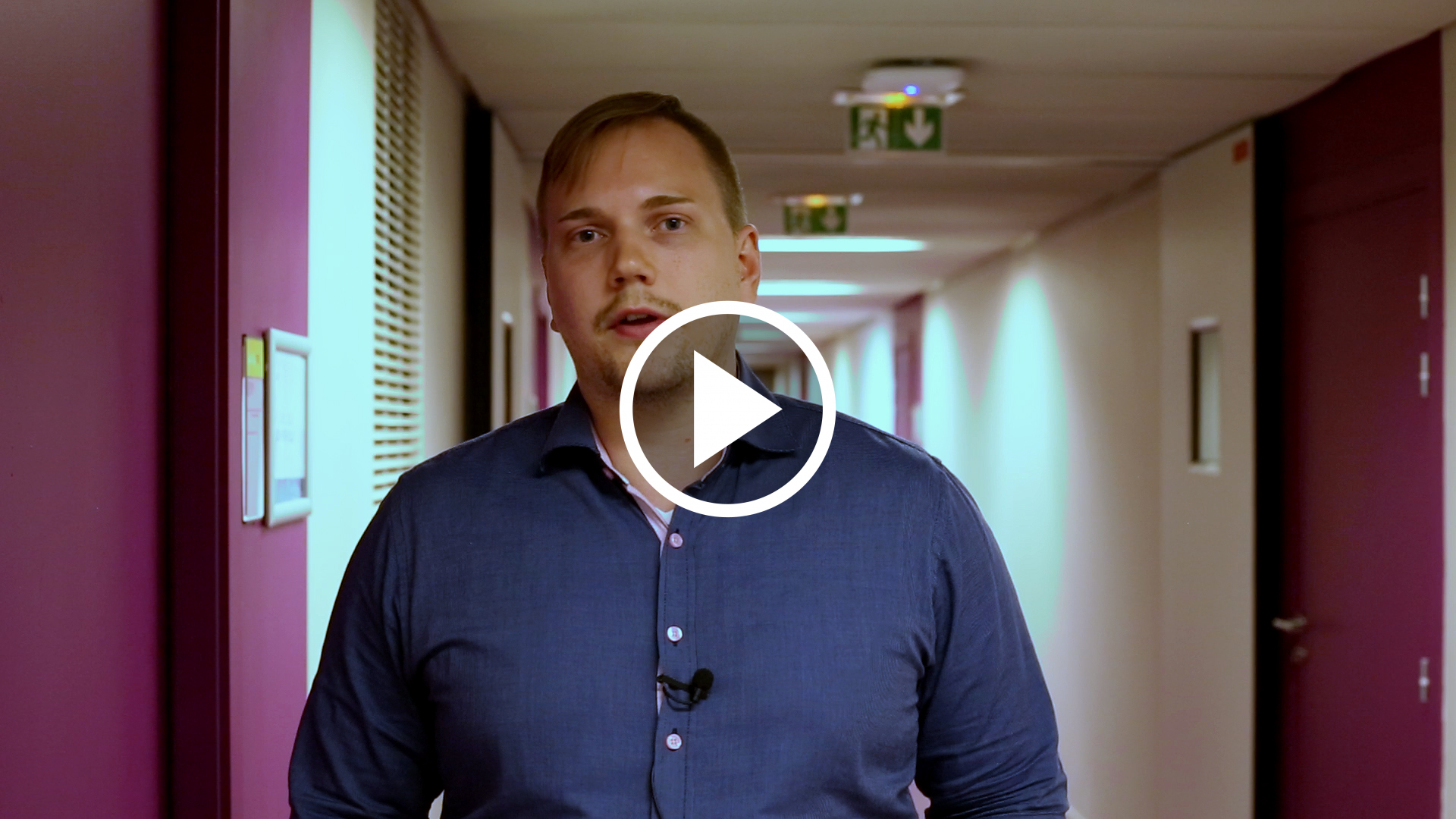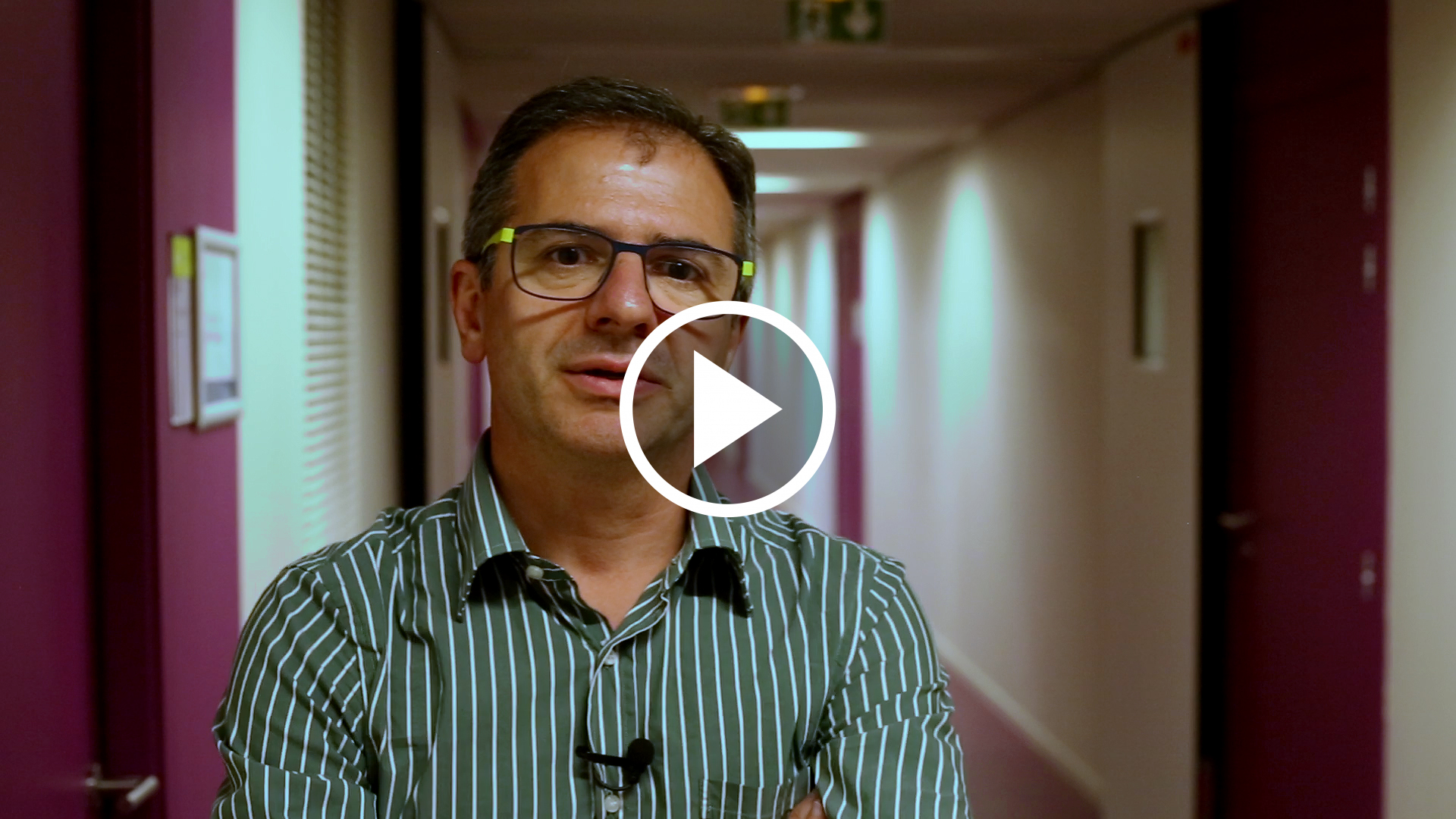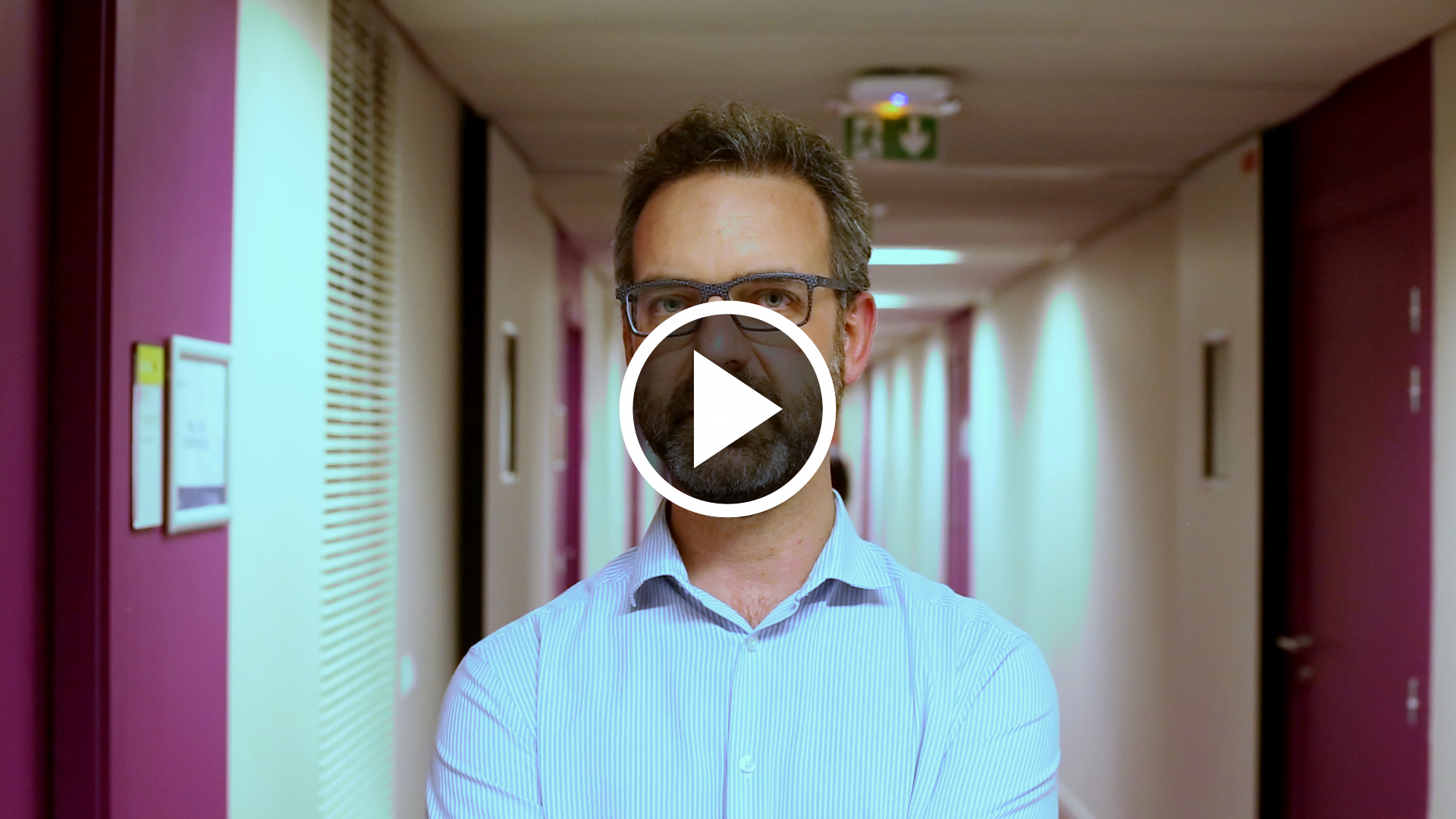K4A gives support to IRCAI and AWS fellowship on climate via research network expertise
K4A will support with research capacity from EU projects a new program that selects and fully funds proof of concepts of new ideas leveraging advanced cloud computing and AI to solve some of the biggest challenges in the fight against climate change. It is a new program to fund Climate Tech startups’ R&D projects that need a great deal of cloud computing. Startups at any stage can apply, they just need to have a tech team capable of building with advanced computing services.
It supports entrepreneurs and startups applying advanced cloud computing and artificial intelligence (AI) to create new solutions that address the climate crisis. The Compute for Climate Fellowship will select innovative ideas and fully fund the design and building of their proof of concepts (PoC).
When a startup is selected for the fellowship, they will engage in a 2-3 month build with 1:1 advice from mentors and AWS credits to cover the AWS service costs of the build. Both IRCAI and AWS will provide selected startups with a team of mentors who are experts in AI, sustainability and ethics.
Startups will get access to advanced computing services, such as quantum computing, high-performance computing (HPC), artificial intelligence and machine learning (AI/ML), and AWS credits to cover the build of the PoC. In addition, all PoCs will be designed under the guidelines of UNESCO’s Ethics Impact Assessment for Artificial Intelligence to ensure that each solution is built with safe, trustworthy technology.
Run by:

Supported by:











